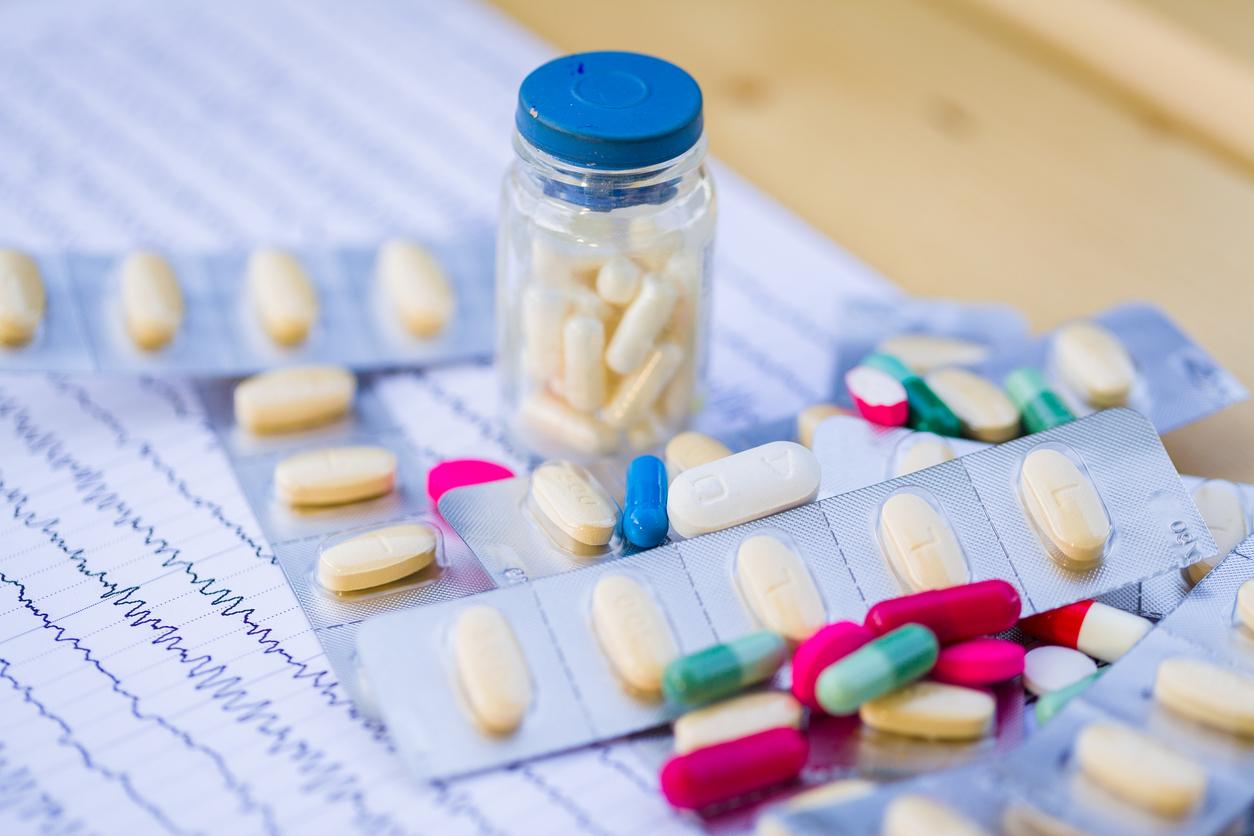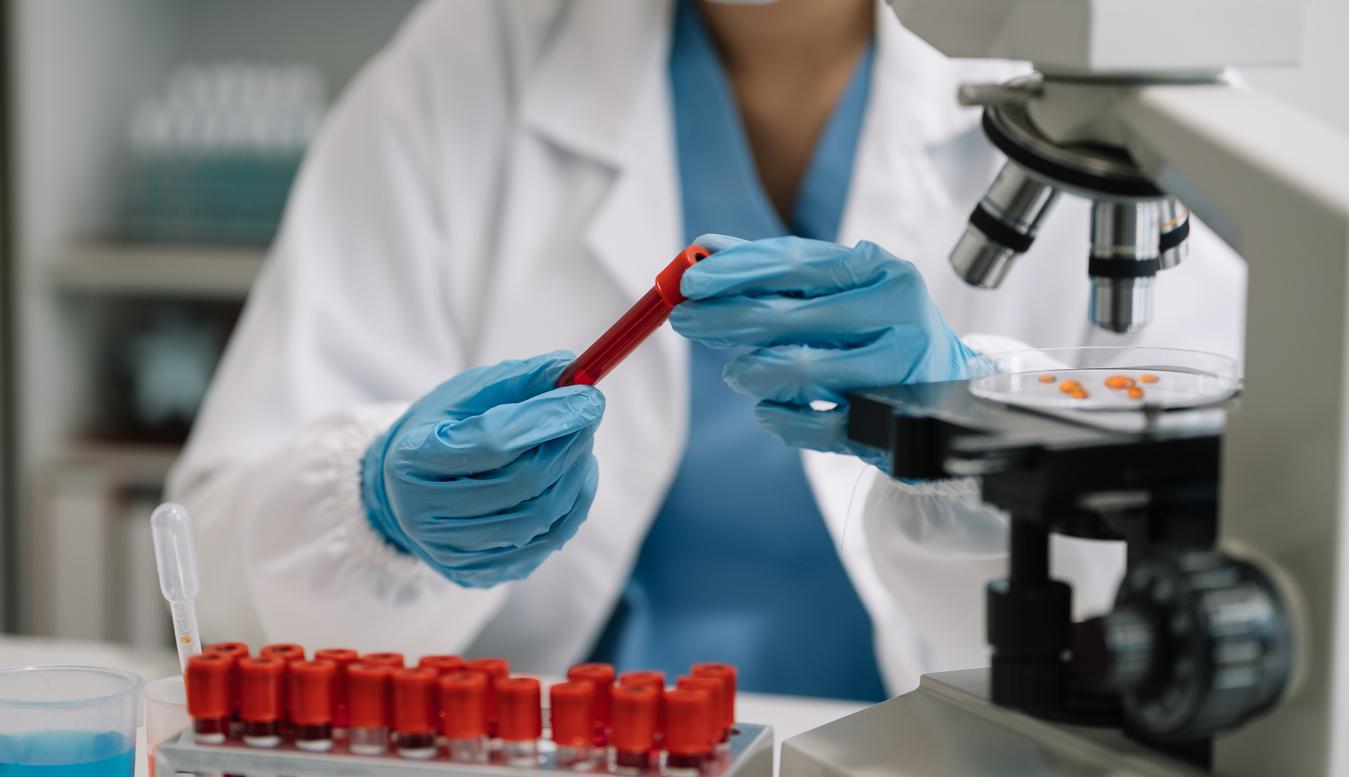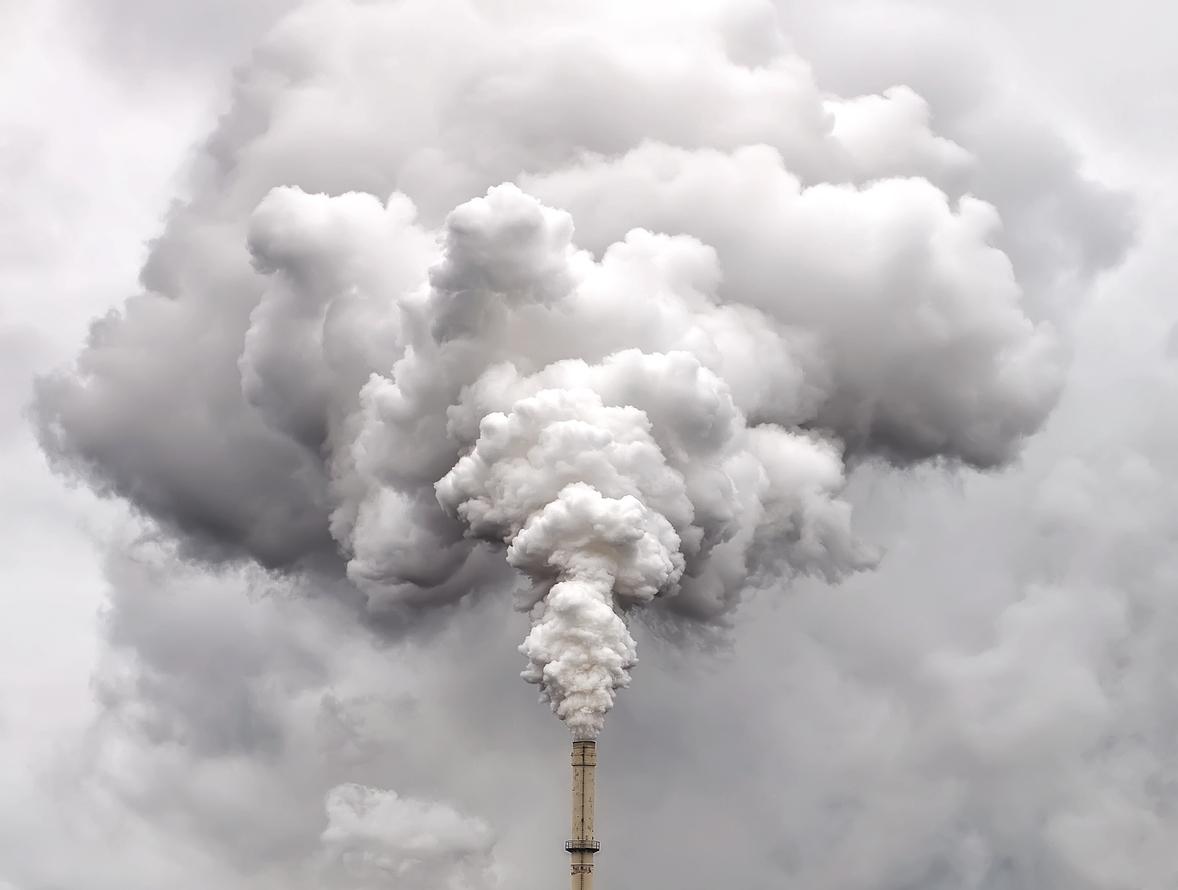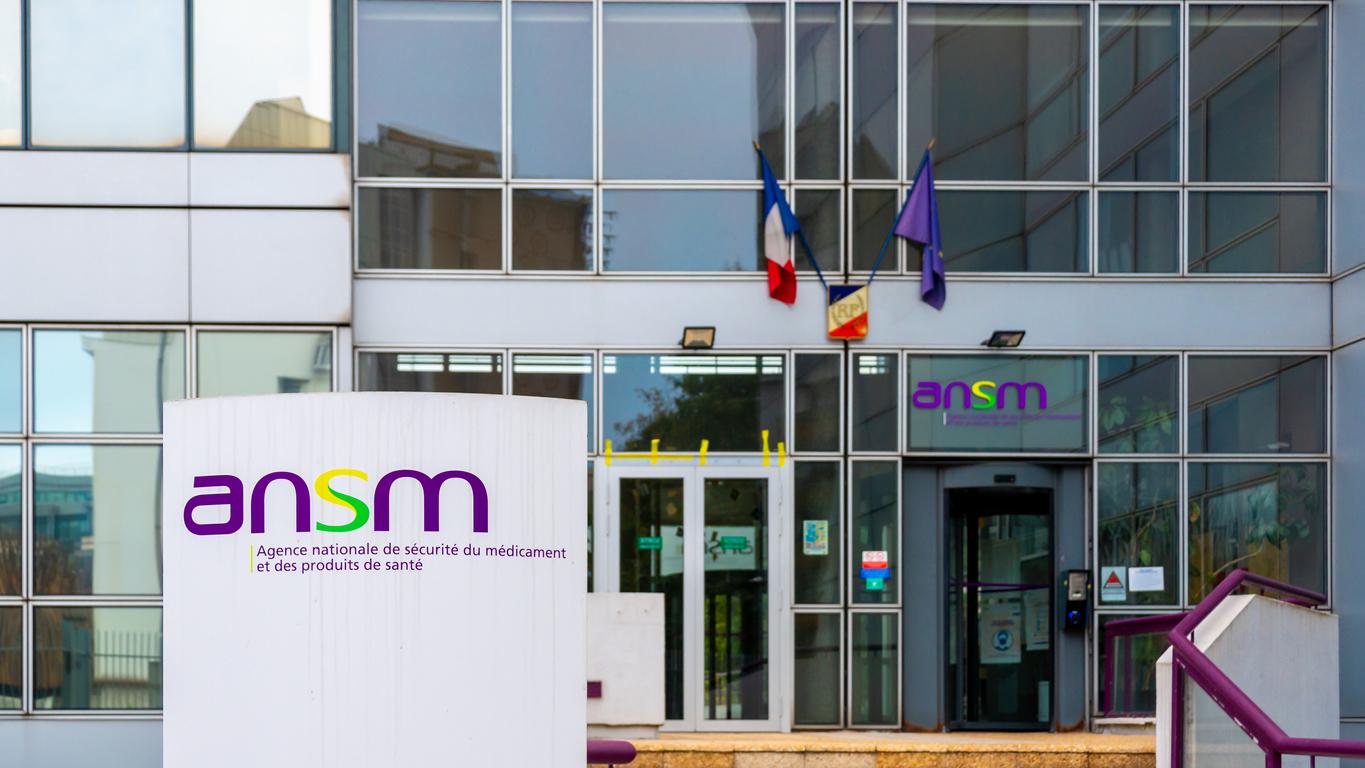Remember: in August 2016, the “Dépakine scandal” broke out when an investigation by the Ministry of Health revealed that 14,322 pregnant women were exposed to valproic acid between 2007 and 2014. This molecule, notably present in Dépakine (a drug prescribed against epilepsy), would be responsible for congenital malformations in the baby, but also psychomotor and / or neurobehavioural disorders, intellectual delays and / or walking, or even autism.
Following these revelations, group actions (in particular led by patient associations) were launched: in 2017, the National Office for Compensation for Medical Accidents (Oniam) set up an amicable compensation system for victims.
“Speed up the compensation procedure and improve it for the benefit of victims”
Yes, but here it is: according to the association of victims Apesac, the mechanism “does not work”, with only 31 cases completed in two years, and “reduced compensation”.
Good news: the Ministry of Health has announced that it has tabled an amendment to the 2020 finance bill (PLF), the examination of which has begun in the National Assembly. The goal? “Accelerate” and “Improve” the amicable compensation procedure for victims of Depakine.
The Ministry of Health further explains the difficulties of compensation by “a delay in implementation necessary because of the complexity of the subject, both on the imputability of the damages to the taking of the drug and on the determination of the responsibilities . (…) Nevertheless, this delay (…) is difficult to understand for the victims and it is now imperative to speed up the compensation procedure and to improve it for the benefit of the victims “. Case to follow!
Read also :
Dépakine: a victim of the antiepileptic obtains 1.3 million euros
Dépakine: first conviction of Sanofi
Depakine: the disorders affect between 16,000 and 30,000 children

















